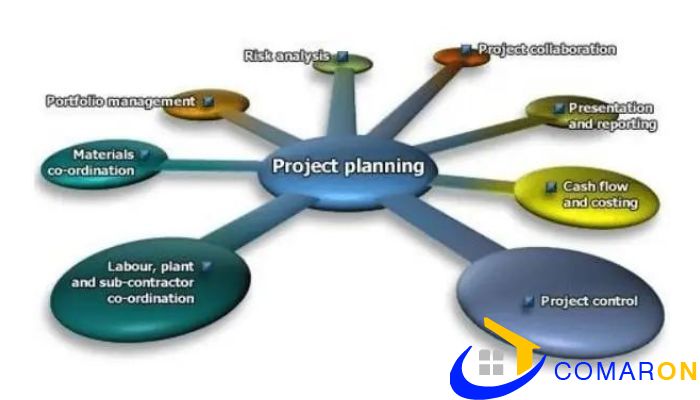Construction planning and scheduling are the backbone of any successful construction project. They are the guiding forces that ensure a project is completed on time, within budget, and to the highest quality standards. In this blog, we'll delve into the world of construction planning and scheduling, exploring why they are essential and the critical steps involved.

Construction planning involves selecting the right policies, procedures, and processes to achieve your project goals. It's about defining the work tasks, estimating required resources, and identifying workflows among various activities. It's the blueprint for your project's success.
On the other hand, construction scheduling takes that plan and transforms it into a functioning calendar. It adapts your project's action plans for scope, time, cost, and quality into an operational workflow system. Together, planning and scheduling provide your project team with the tools and roadmap needed for efficient project management.
A meticulously prepared construction schedule maximizes efficiency and productivity. It helps in sequencing work, ensuring the right quality and quantity of materials are used in each step, and tracking worker presence on-site.
With a well-structured schedule, you can purchase materials exactly when you need them, keeping procurement on track and reducing delays.
Schedules help track workers on-site, ensuring that safety guidelines are followed, minimizing accidents, and improving overall safety performance.
A reliable schedule allows you to allocate time efficiently among project stakeholders, helping them plan their activities better.
Construction schedules become your central tool for monitoring and controlling activities throughout your project's life cycle, reducing cost overruns and delays.
Your choice of technology and construction methods directly impacts project cost and duration. Selecting the right digital solutions can boost team productivity.
Thoroughly defining work tasks helps estimate resources, create timetables, and establish critical paths.
Specify relationships among activities to ensure they happen in the correct sequences.
Realistic time estimates are crucial for avoiding delays. Historical records can aid in estimation.
Estimate resource requirements for each activity, avoiding allocation and procurement issues.
Implementing a coding system streamlines information flow and retrieval, enhancing overall project management.
Construction planning and scheduling are integral across all five phases of a standard construction project:
In conclusion, construction planning and scheduling are the cornerstones of successful construction projects. While they require time and effort to develop, the time saved during project execution is well worth the investment. These processes ensure projects are delivered efficiently, on time, and within budget, ultimately leading to satisfied clients and successful construction endeavors.